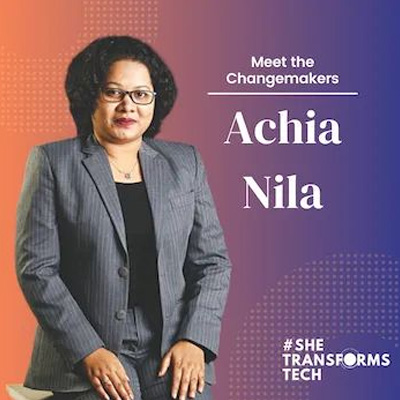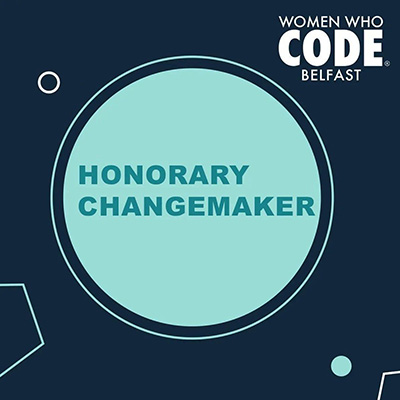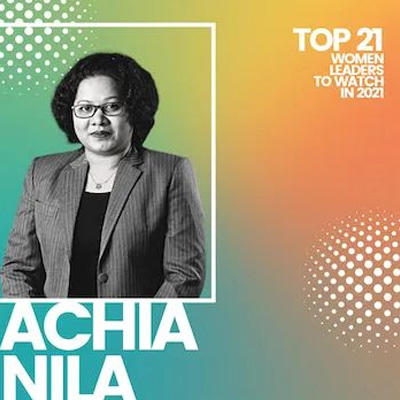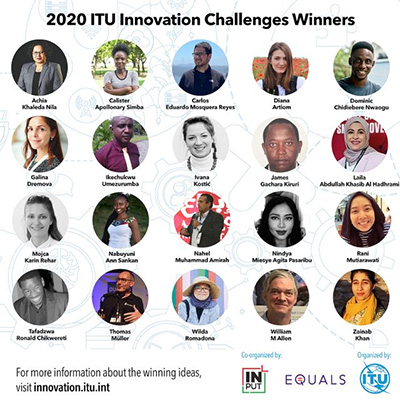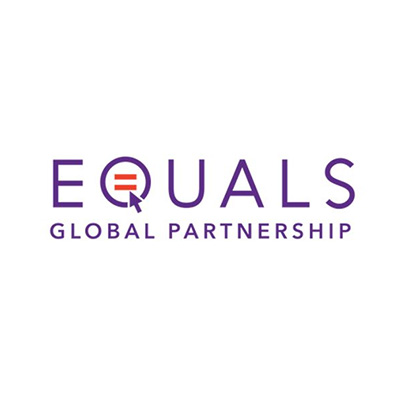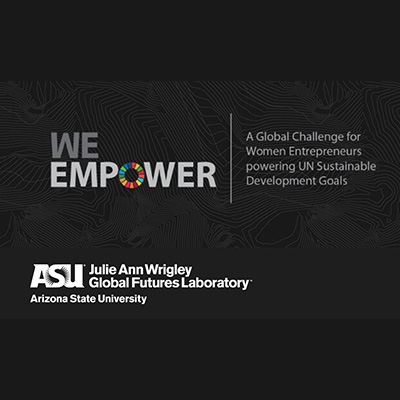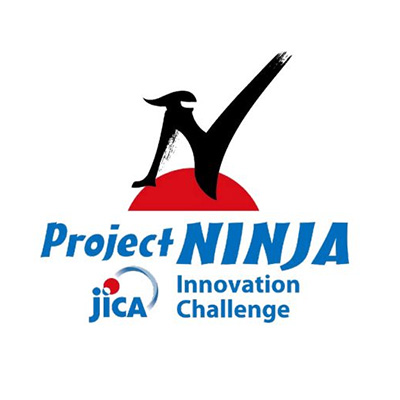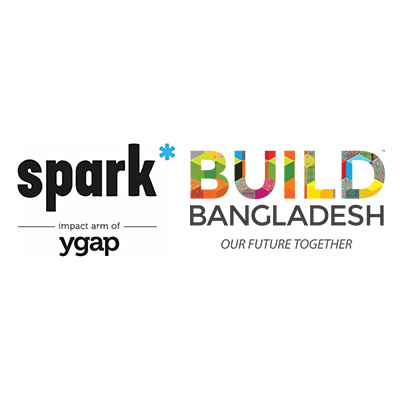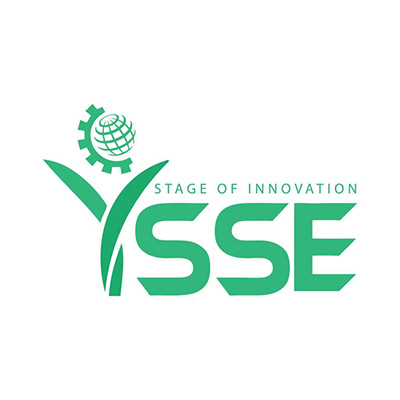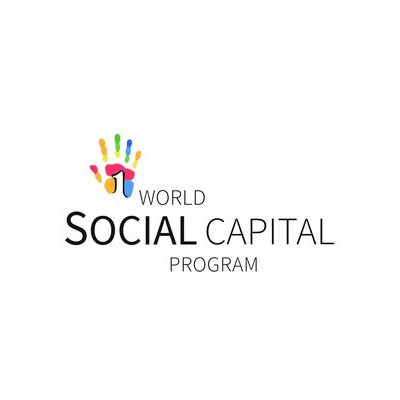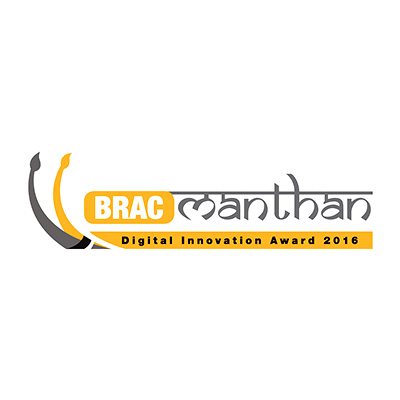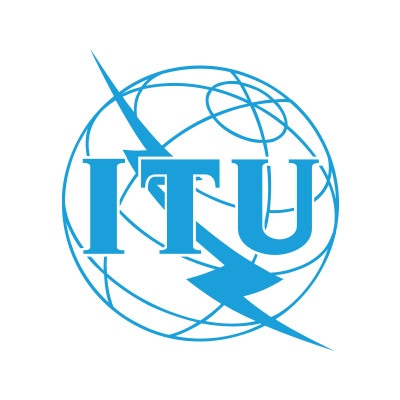Reimagining Trust in the Digital Age: A Conversation on Blockchain, Inclusion, and the Road Ahead
![Online Violence Against[..]-Image](https://achianila.com/storage/uploads/blogs/HSCNVhamQwoV0xK9HnLver2Qbac4XNzieGnvfMBr.png)
Overivew
On 15th May, 2025, I had the honour of joining a high-level panel discussion alongside thought leaders in decentralized technology to explore one of the most important questions of our digital era: How can blockchain help us build trust in systems where traditional mechanisms have failed?
Moderated by Antonia, and introduced by Dorcas, our 70-minute session offered a rich exchange on the evolution of blockchain, its legal landscape, and its real-world potential across industries and regions.
A Personal Vantage Point: Blockchain from the Grassroots Up
When asked how I came into this space, I shared what has shaped my journey: I didnt come to blockchain through finance or hype came through a very real need for digital trust in communities across South Asia and the Global South.
Through my work as a tech entrepreneur and founder of Women in Digital, I witnessed how the absence of transparency in public services, education, and identity systems disproportionately harms women and marginalized populations. At Lumina Dev, we began developing decentralized tools that support secure identity, fair resource distribution, and community-driven innovation.
My vantage point is deeply rooted in digital inclusion. I chose blockchain not because it was trendy, but because traditional systems werent working and we needed to build trust without relying on broken gatekeepers.
Smart Contracts, Verifiable Credentials, and NFTs: A Legal and Social Frontier
We explored how blockchain tools like smart contracts, NFTs, and verifiable credentials are becoming building blocks for a more accountable world.
Smart contracts can streamline bureaucracy and reduce corruption but they must be transparent and auditable.
NFTs are evolving into instruments of digital property rights think land registration, licensing, and social impact tracking.
Verifiable credentials are especially impactful for undocumented populations, such as refugees or informal workers, giving them access to jobs, aid, and education with dignity and cryptographic proof.
These tools are powerful, but their legal recognition will require serious collaboration between technologists, policymakers, and local communities.
Where Regulation Stands Today
We reflected on how regulators attitudes toward blockchain have matured over the last decade from outright skepticism to cautious adoption. Today, many governments are piloting central bank digital currencies, issuing legal frameworks for smart contracts, and experimenting with digital identity systems.
However, as I shared:
Decentralization challenges traditional power structures. Regulation isnt just legal it's political. The opportunity lies in shaping laws that protect citizens while enabling grassroots innovation.
Is Blockchain Legal? The Most Common Question
One of the questions I'm most often asked, especially by those unfamiliar with Web3, is: Is blockchain even legal?
Blockchain is a technology, not a crime. Just like the internet, it's neutral; it all depends on how we use it. In my work, we use blockchain for aid transparency, women's tech credentials, and identity verification. All of that is not only legal its transformative.
Holding AI to Account: Blockchain in the Age of Synthetic Content
With the rise of AI tools like ChatGPT, virtual assistants, and deepfakes, we are entering a new era of uncertainty around ownership and authorship. Here, blockchain has a critical role to play.
Blockchain can timestamp content, verify authorship, and serve as a foundational layer for digital integrity. It won't solve every challenge but it adds much-needed transparency in the AI age.
As discussed with Teodor Petricevic, this synergy between blockchain and AI will become increasingly important for both compliance and consumer trust.
What to Expect in 2026: From Buzzwords to Infrastructure
Looking to the year ahead, I see 2026 as a turning point. Well, witness the full integration of verifiable credentials and decentralized identity systems into public services particularly in countries where institutional trust has long been lacking.
I believe Web3 will finally move from pilots to real-world use, where decentralized tools power systems for voting, education, healthcare, and mobility. This will make public services more inclusive, accountable, and resilient.
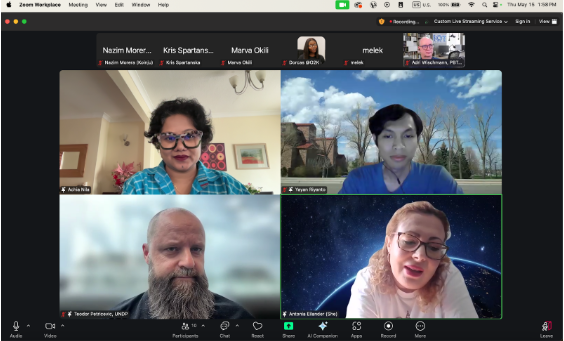
And blockchain, when designed with integrity and inclusiveness, has the potential to do exactly that.
Stay connected for upcoming newsletters and webinars, where we will continue unpacking the most pressing questions raised during this session. And thank you to my fellow panelists, Yayan Riyanto and Teodor Petricevic, for a thought-provoking discussion that helped us all look to the future with clarity and purpose.
Achia Nila
Founder, Women in Digital | CTO, Lumina Dev
Popular Blogs
-
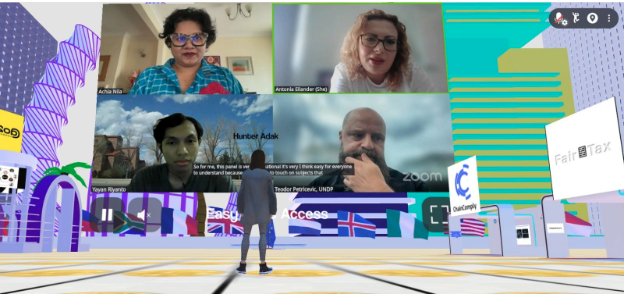
Reimagining Trust in the Digital Age: A Conversation on Blockchain, Inclusion, and the Road Ahead
-
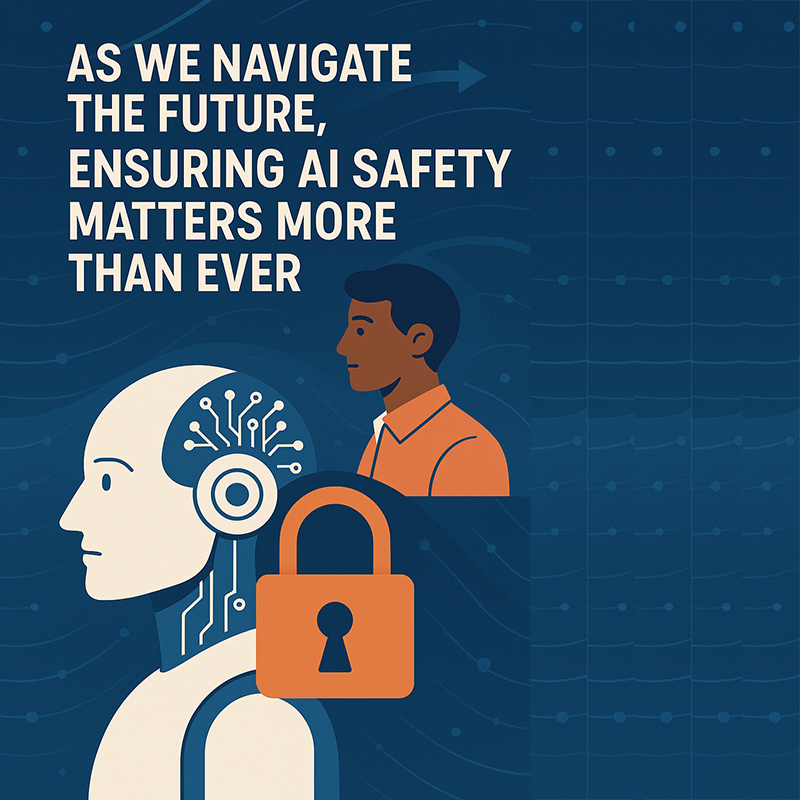
As we navigate the future, ensuring AI safety matters more than ever
-
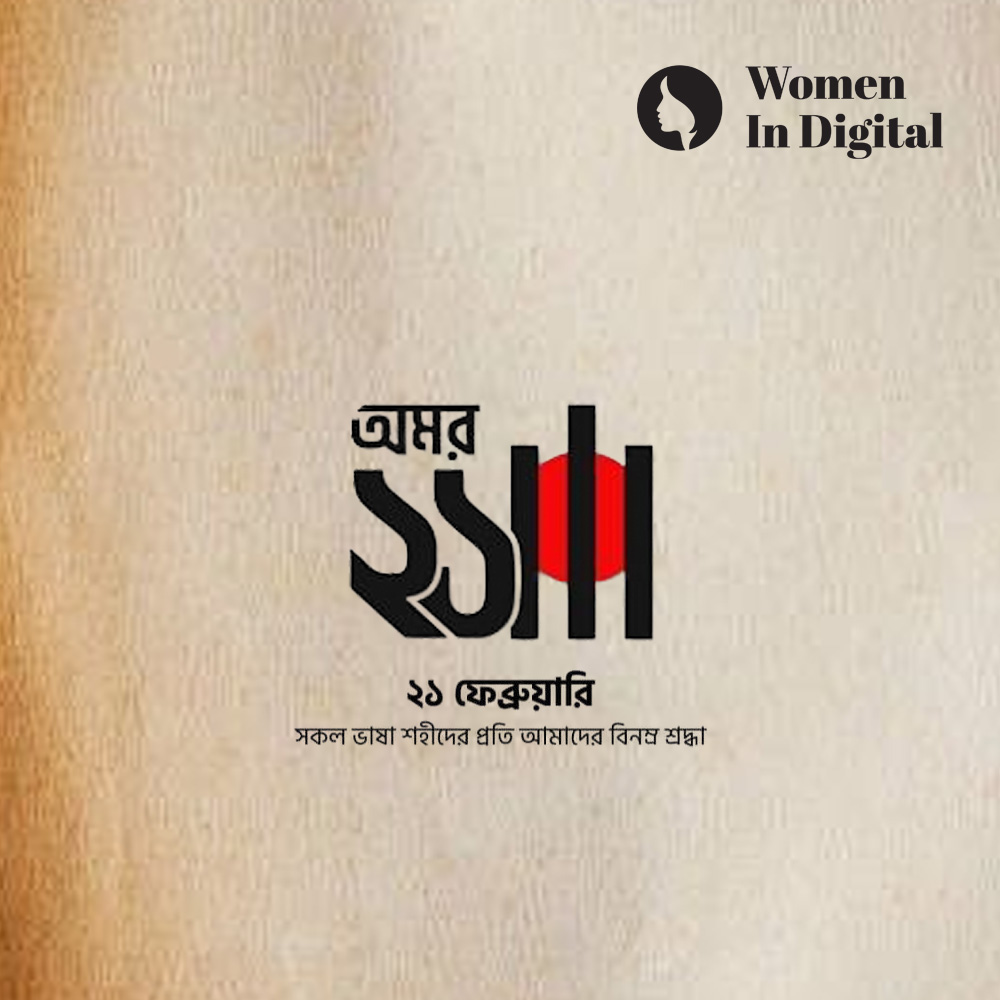
International Mother Language Day: Celebrating Linguistic Diversity and Cultural Heritage
-

How to Say "No" Nicely: A Guide to Setting Boundaries with Grace
-
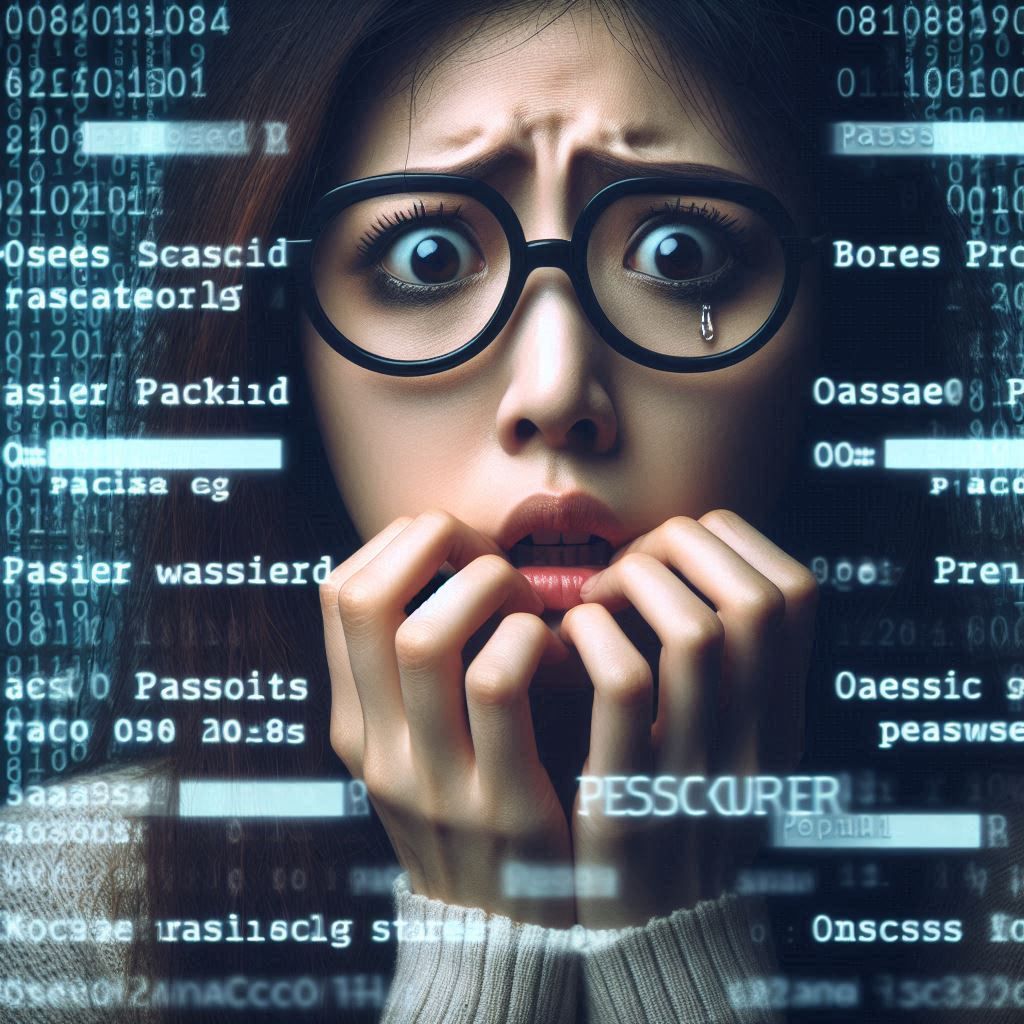
Password 101: Everything You Need to Know About Strong Passwords
-
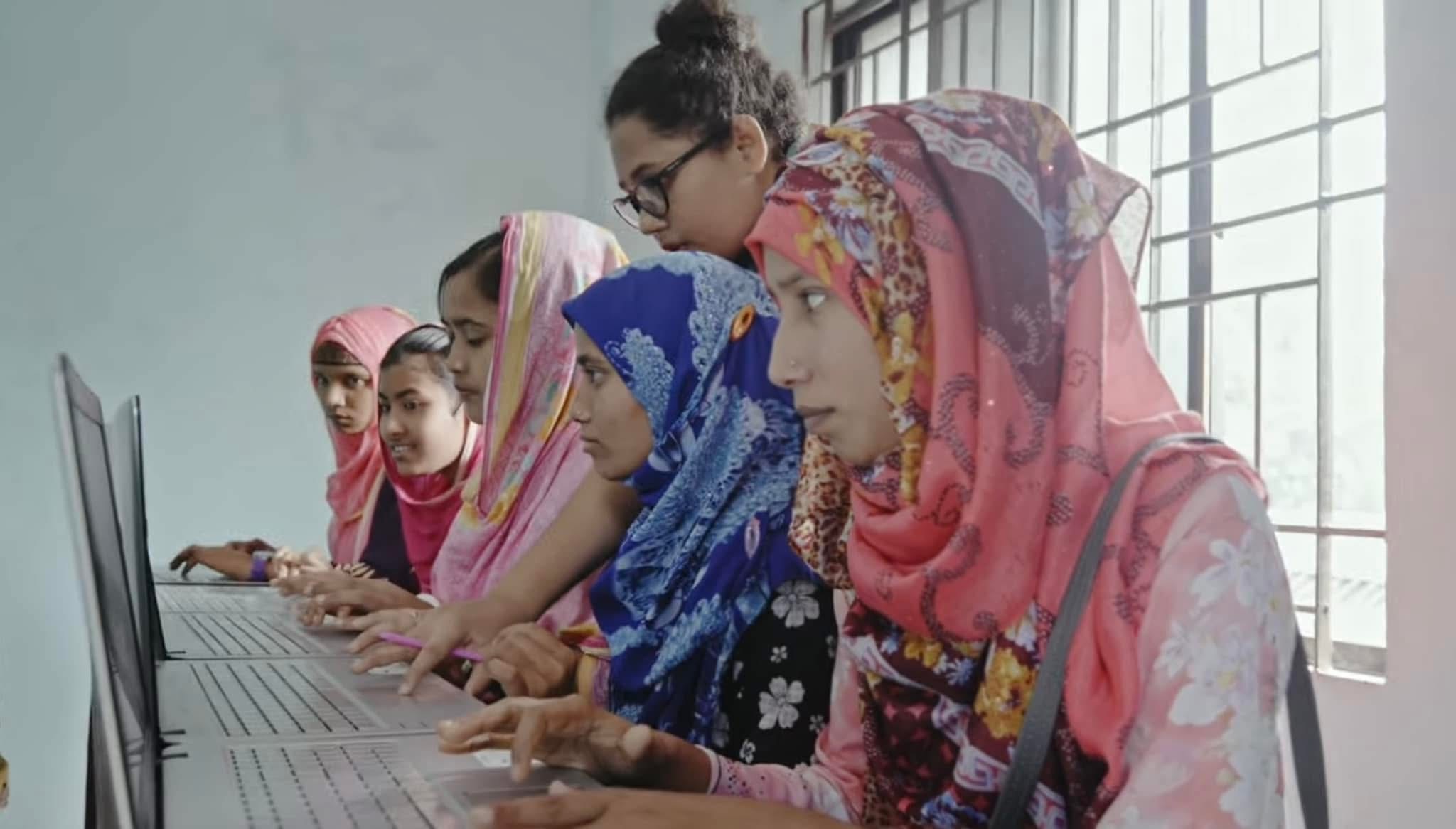
How to Start Your First Line of Code: A Beginner’s Guide
-
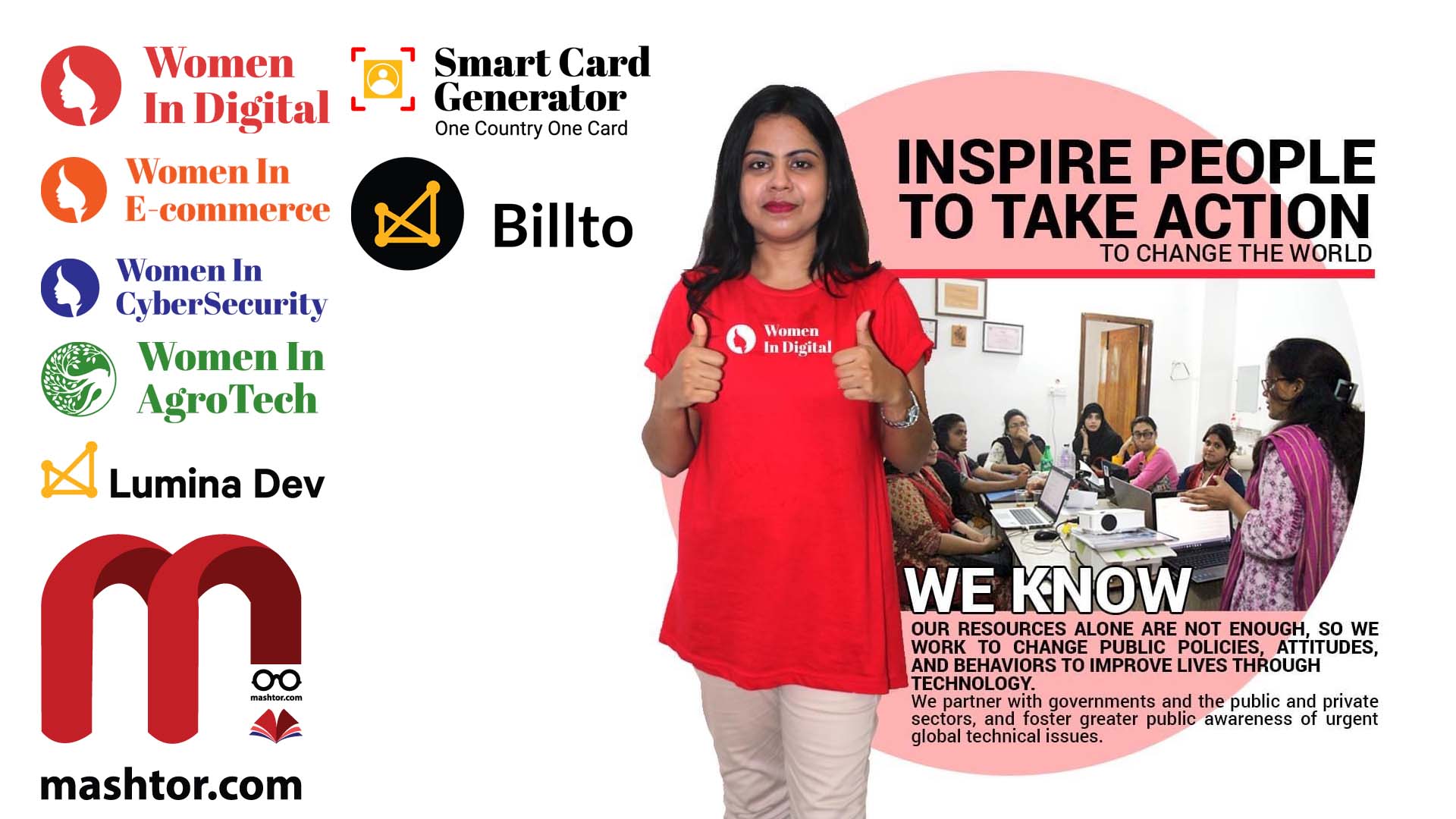
No, I Didn’t Do Any Magic to Develop an All-Female Software Team
-
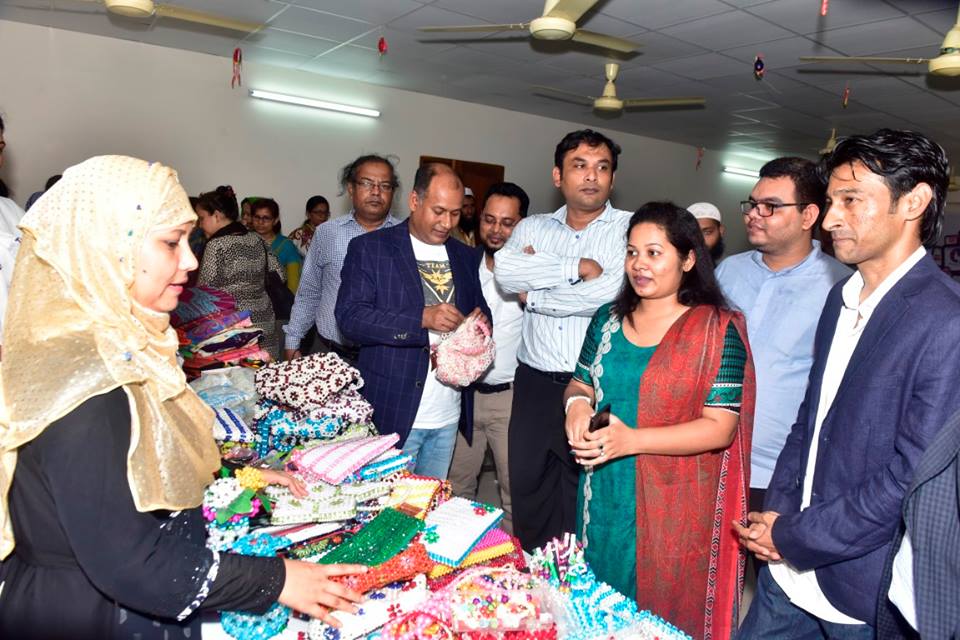
Women entrepreneurship development in Bangladesh
-

Online Violence Against Women In Bangladesh And Initiatives
-

Gender Lens Investment
